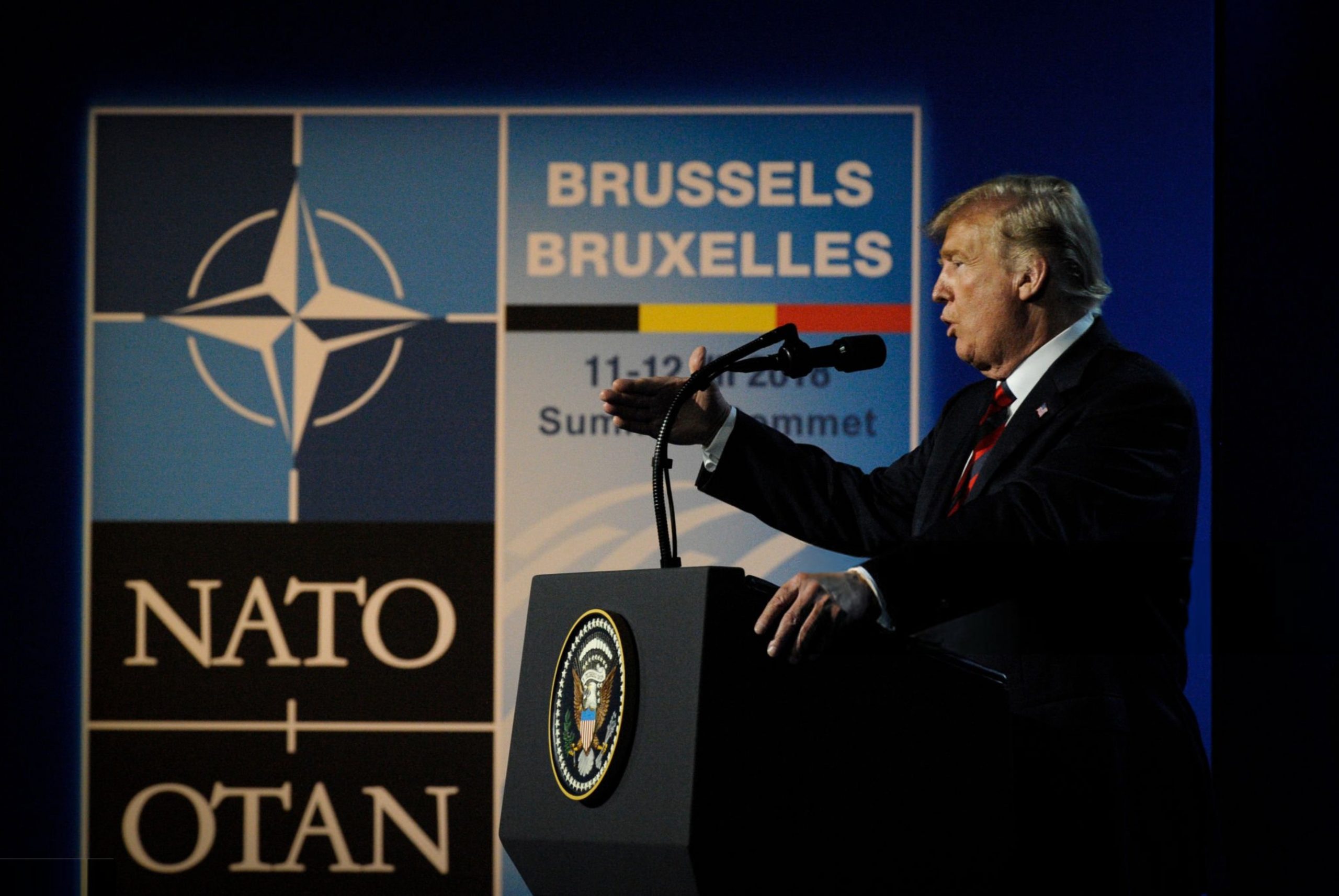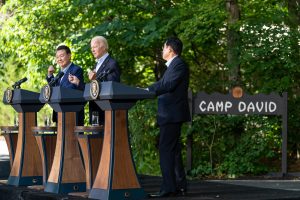
The Fallout of Trump’s Policies

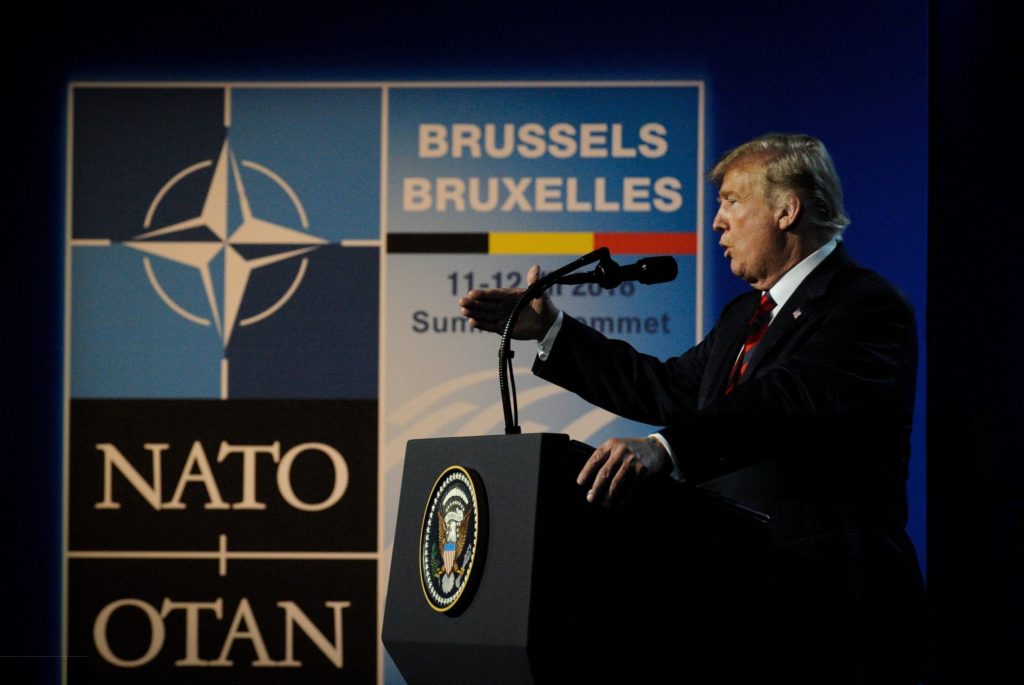
Welcome back to Europe Brief, where we take a look at the most pressing issues shaping global politics. Today, we dive into the controversial and polarizing statements of President-elect Donald Trump, who has once again stirred international tensions with his aggressive rhetoric. From proposing the annexation of Canada and the acquisition of Greenland to threatening military and economic coercion to gain control over the Panama Canal, Trump’s remarks have left NATO allies and global leaders deeply concerned.
President-elect Donald Trump gave a controversial press speech on 7 January 2025 regarding a suggestion of annexing Canada or its voluntary addition to the U.S. as its 51st state, taking the Panama Canal by force, and purchasing or using force to acquire Greenland from Denmark. The President-elect said that the Panama Canal and Greenland are of utmost importance for the economic security of the U.S., and he accused China—as he did in his first term within the trade war with China—of operating the Canal today, which is not correct as the Canal is operated by the Panamanian Government at the moment.
What is more interesting is that Trump said that they didn’t rule out military force or economic coercion to force Panama to give the Panama Canal to the U.S.. He also claimed that the Canal was made by Americans and that Americans sacrificed a lot. Moreover, regarding the Greenland issue, Trump reiterated his view that the island is crucial for American economic security, which again brought military intervention or economic coercion against Denmark to acquire Greenland. Trump also mocked Canada as the 51st state of the U.S., indicating that its condition is similar to that of one of the states of the U.S..
It was apparent that the latest press statement of President-elect Trump roiled his NATO allies Canada and Denmark and distressed Panama with his bid for the Panama Canal and threat of military and economic force to acquire the Panama Canal. Trump’s pressure and aggressive policies also seem to worry Canada and Denmark, who are NATO allies of the U.S.. Considering Trump’s policies so far, it wouldn’t be wrong to say that even after initiating his second term as President, his MAGA (Make America Great Again) policies seem to be interventionist and aggressive rather than isolationist and focused on internal matters.
These aggressive, interactive, and U.S.-centric policies may stem from the need to curb China and its rapid development and limit the emergence of other regional powers such as India, Türkiye, and Brazil. However, the U.S. should be aware of the fact that its U.S.-centric policies may push its allies to seek other partners and allies, despite the fact that they belong to the same security coalition, which is NATO. Under the stress of Trump’s economic, military, and financial threats towards Canada and Denmark, and his strong remarks about increasing the NATO defense limit for European countries to 5%—a goal which is still not met by many European nations—brought once again a lot of tension to the eastern side of the Atlantic.
President-elect Donald Trump’s statements and aggressive attitudes rendered Brussels and many European governments and leaders anxious about what is coming after Trump’s official inauguration on 20 January 2025. Counter-reactions from worried countries such as Canada, Denmark, and other European governments were not aligned with what President-elect Trump had said. After Canadian Prime Minister Justin Trudeau’s statement on X that “there isn’t a snowball’s chance in hell” that Canada will join the U.S., it appears that Trump’s argument that the border between Canada and the U.S. is not an artificially drawn one lacks grounding.
Trump’s recent statements alienated the Canadian government and people from the U.S., and Trump’s bid for Greenland and suggestion of purchasing Greenland from Denmark also worried Denmark. Danish Prime Minister Mette Frederiksen, in response to Trump’s suggestion of purchasing Greenland or using economic coercion against Denmark, said that Greenland is not for sale and only Greenlanders could decide the fate of Greenland. However, she also highlighted the important bond that Denmark and the U.S. share under NATO, which indicates close cooperation between the two—a soft reaction from Frederiksen that aims to mitigate the aggressive policies of Trump and his future administration in the coming days.
On the other hand, there wasn’t any strong reaction or response coming from Brussels. Apparently, the EU and the EU institutions chose the approach of “wait and see.” The EU dodged questions coming from members of the press in a press conference organized after Trump’s statements on Tuesday. The EU didn’t go into specifics at the press conference; however, it considered the U.S. invading or acquiring Greenland from Denmark as very unlikely and theoretical. On the one hand, this shows that some of the EU institutions are detached from reality, but on the other hand, Commission spokesperson Anitta Hipper said: “It’s clear that the sovereignty of states has to be respected” and also mentioned that the EU is looking forward to working with the Trump administration in close collaboration.
This development and press conference might demonstrate that, although the EU knows and acknowledges that there is an issue to be dealt with, it doesn’t want to anger or alienate the Trump administration. It appears that there is an elephant in the room, but when it comes to countering the aggressive policies of the U.S., the EU’s approaches to these aggressive policies of the U.S. and Russia seem to differ a lot. This demonstrates once again the hypocrisy of EU bureaucrats when it comes to protecting the sovereignty of one of its member’s overseas territories. With all that being said, the strongest reactions came from Germany and France. German Chancellor Olaf Scholz said that borders must not be moved by force and that the principle of the inviolability of borders applies to every country, no matter whether that’s in the east or the west.
From Scholz’s statements, it can be deduced that he made a comparison between Russia’s aggressive policies and the war in Ukraine and those of the U.S. towards Greenland. However, by only recognizing the problem and not addressing the issue properly or the aggressive policies of the future Trump administration, Scholz once again chose to ignore the elephant in the room.
On the other hand, the strongest reaction came from France. Its Minister of Foreign Affairs, Jean-Noël Barrot, said in a radio interview: “If you ask me my opinion on whether the U.S. will invade Greenland or not, my answer would be no.” However, he continued by saying that we have entered an era where survival of the fittest will be the norm. He concluded his speech by reiterating French President Emmanuel Macron’s opinions from 2019 that France and European countries might have to depend on themselves as they cannot completely rely on NATO and the U.S..
This opinion transmitted by the Foreign Affairs Minister, in fact, represents President Macron’s ideas on a Common European army and the EU’s notions on common European defense strategies and strategic autonomy put forward by the European Commission. In conclusion, we might argue that Trump 2.0 will be distressful, U.S.-centric, and not considerate of the fate of the Western alliance as Trump will keep on pushing America’s allies to other parties such as China and other regional players. Trump’s bid for the Panama Canal, Canada, and Greenland represents his aggressive policies under the ruse of MAGA policies.
The next decades will witness fierce competition between the U.S. and China; therefore, the importance of the U.S. allies gradually increases. However, by pushing his allies away from the U.S., President-elect Donald Trump might transform the U.S. into an isolationist country—this time not by choice but because of the aggressive and inconsiderate policies of his new administration. President-elect Trump must strive to tone down the aggressiveness of his policies in the face of his European allies since his MAGA policies might have a consequential impact on alienating current European leaders and governments and sustaining extremist and far-right ideologies in Europe—ideologies that have proved to be harmful, fascist, and self-centered, ultimately leading to the deadliest war in human history.
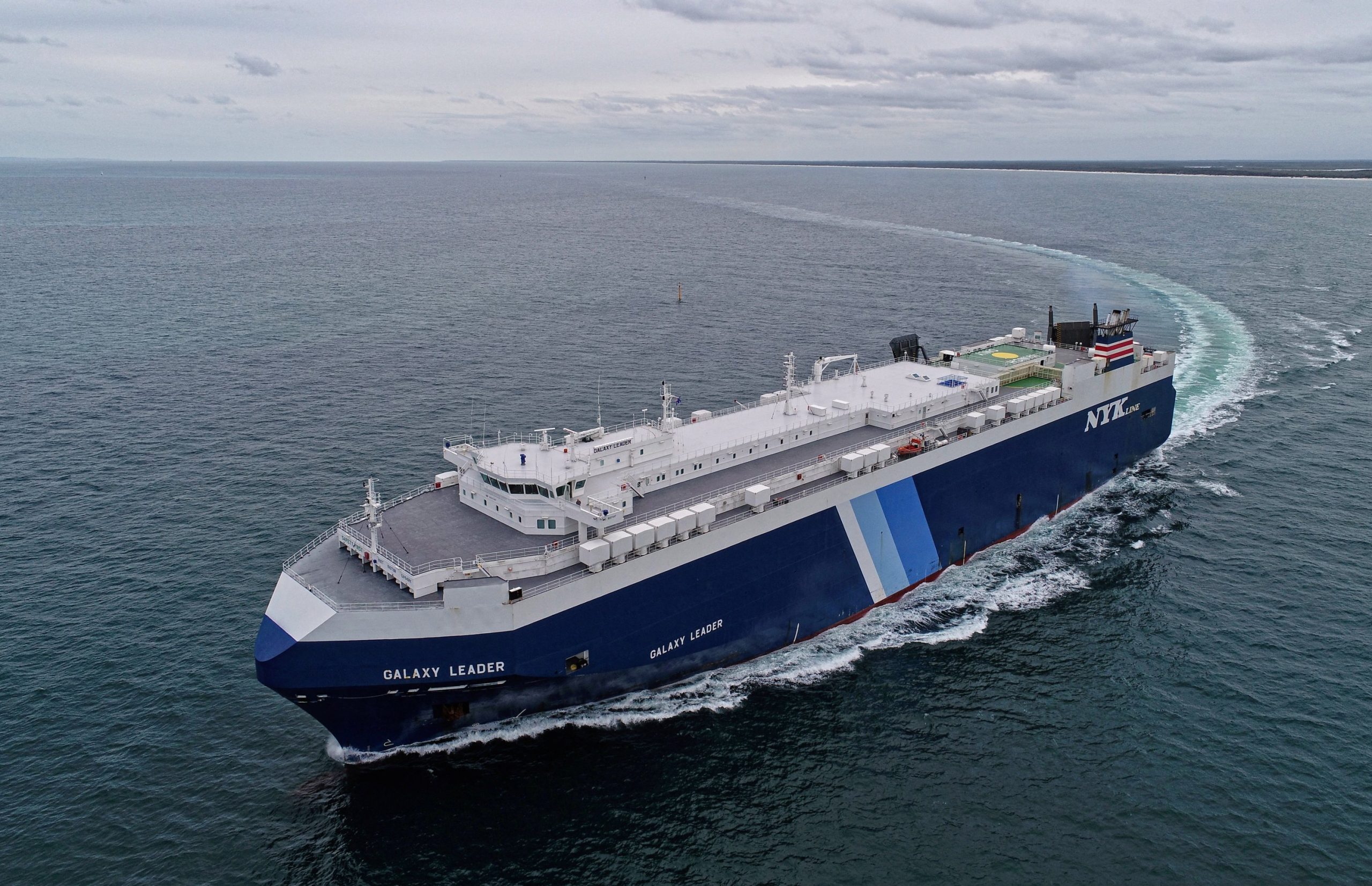
The Houthi group, involved in Red Sea piracy and the Yemeni civil war, is not universally designated as a terrorist organization.

Kirkuk is once again shaken by historical conflicts under the shadow of oil. How will the power struggle between Kurds, Arabs, and Turkmens shape the city’s future?
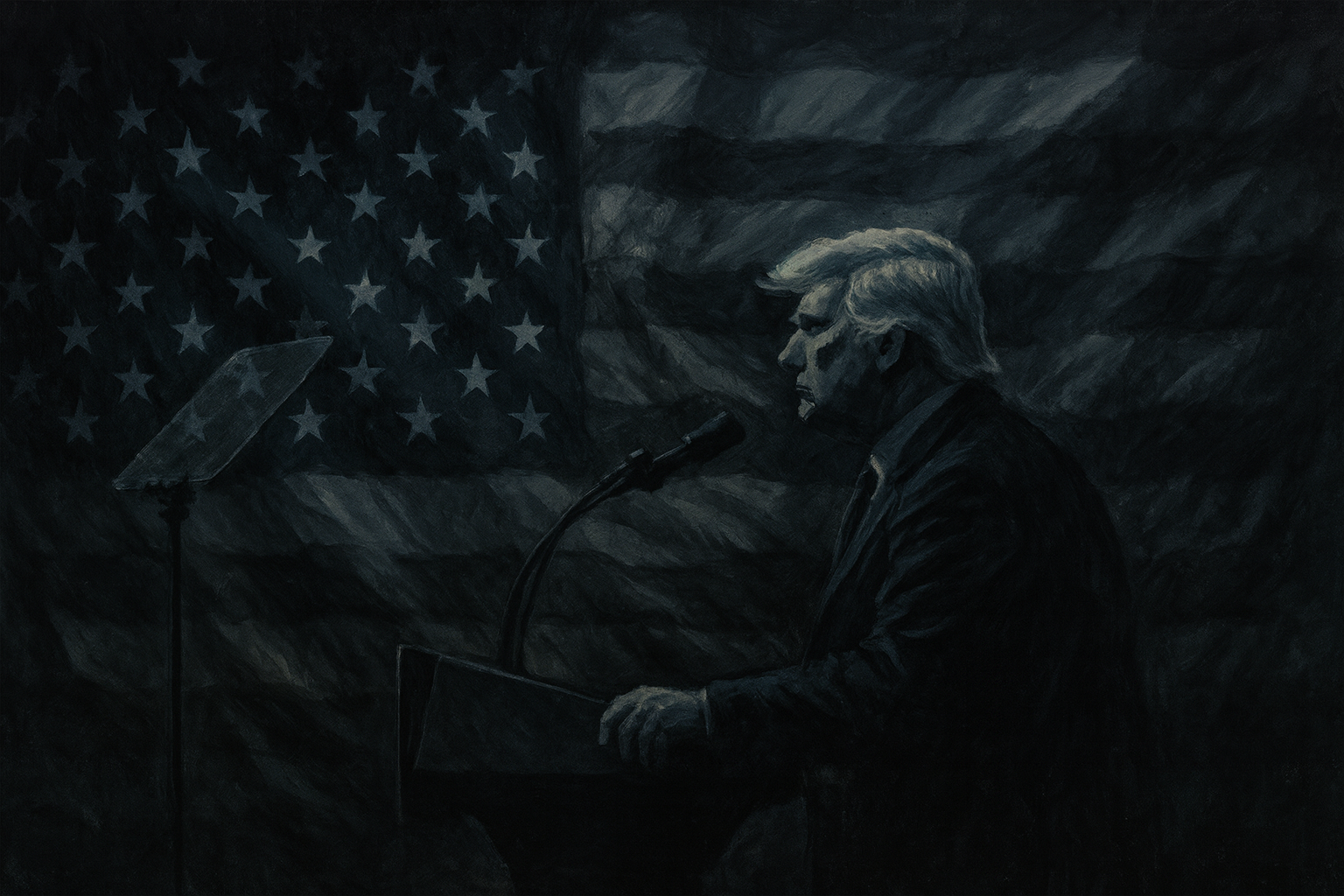
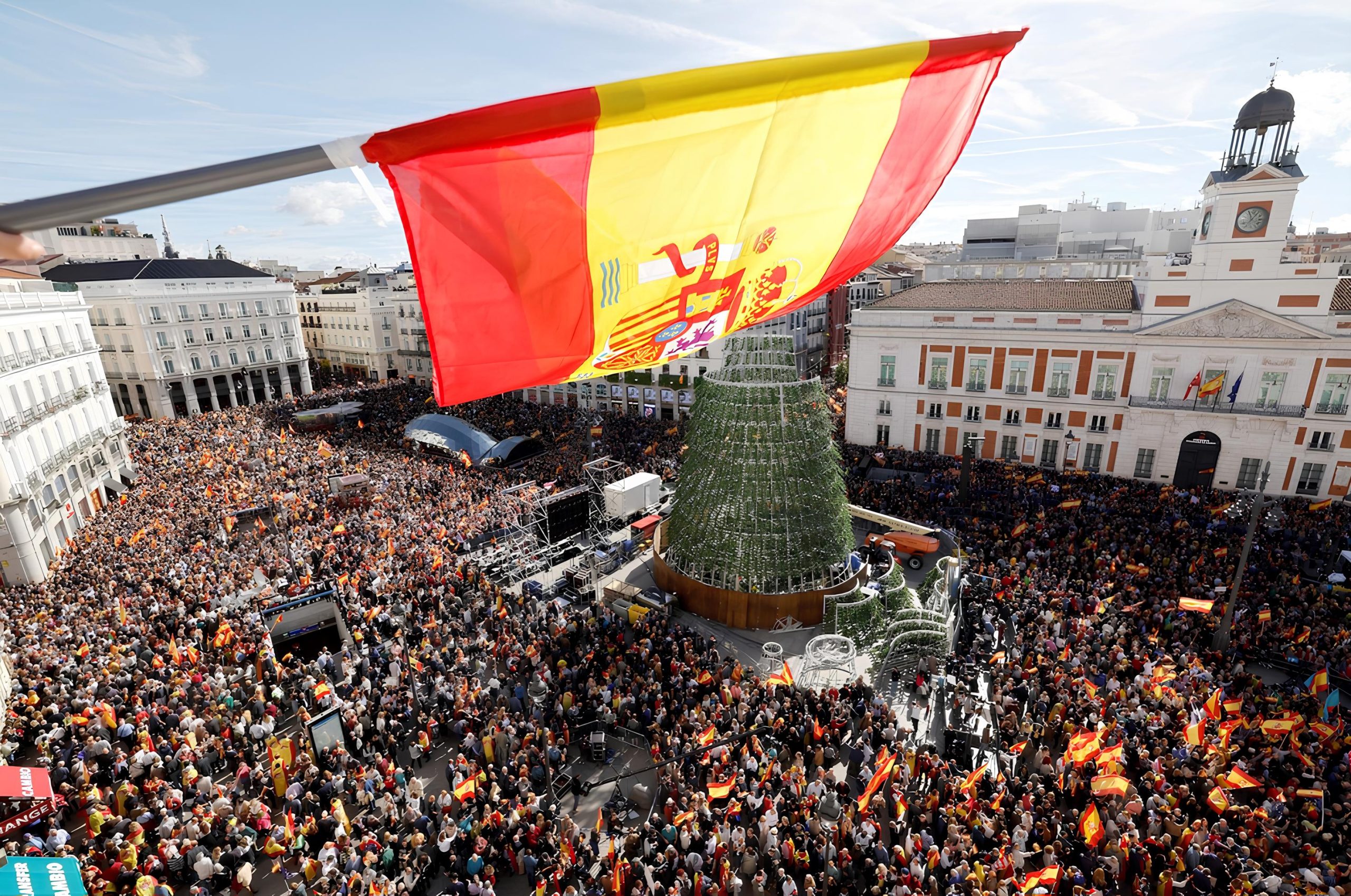
Controversial Pact with Catalan Separatists Sparks Protests and EU Concerns.
Written By: BATUHAN GUNES
Written By: KRISTIN HYNES
Written By: ERIC SONG
Written By: ALEXANDER BERGH
Written By: KATE-REID SMITH
Written By: JOSEF SCHOEFL
Written By: PATRIC MCFARLAND
Written By: FATIH CEYLAN
FA’s flagship evening newsletter guilding you through the most important world streis ofthe day. Delivered weekdays.
